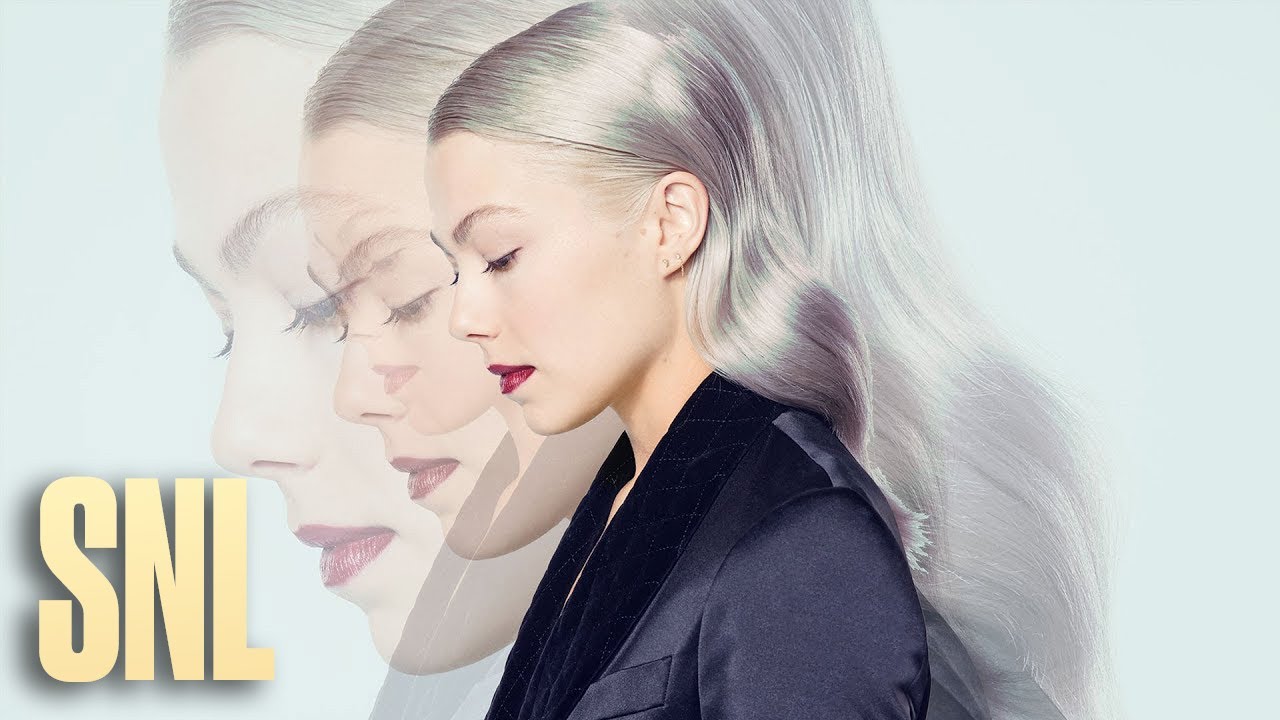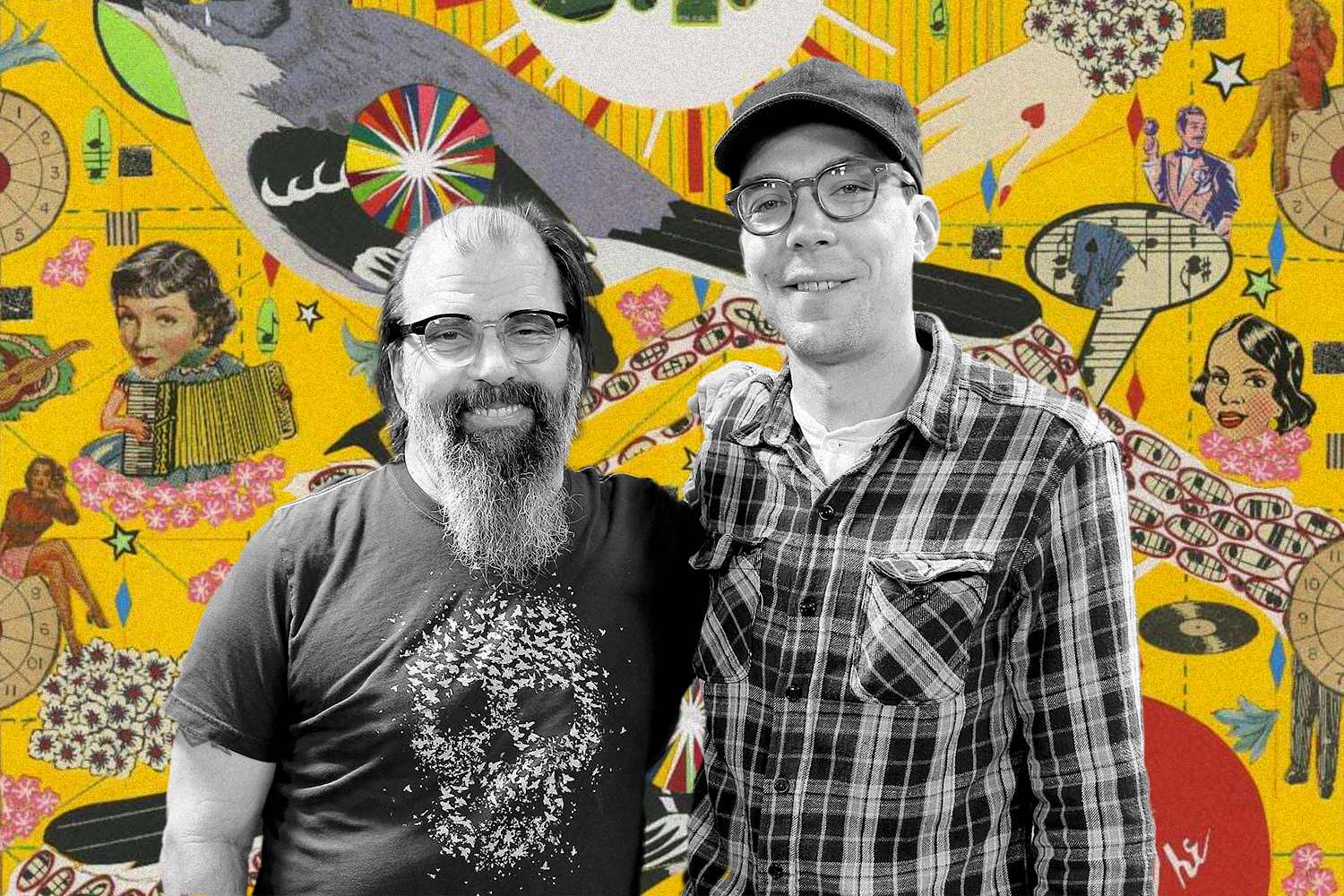As we inch closer and closer to the one-year anniversary of when the world stopped and we all began quarantining to avoid contracting COVID-19, many of us are hitting what has been described as “the pandemic wall.” Herd immunity feels so close and yet so far, and with winter weather keeping most of us cooped up inside 24/7, this stretch of isolation feels more unbearable than any before it. But on top of that, there’s a new pressure as the prospect of returning to our regular lives starts to feel more real. We start to take stock of how our lives and habits have changed in quarantine, and the answers aren’t always pretty.
Maybe we’ve put on a few extra pounds with gyms closed and comfort food always within reach. Maybe we’ve started drinking a little too heavily to cope with the stress of these uncertain times. Our rooms have gotten messier, our work-life balance is in disarray, and juggling it all has proven difficult to say the least. Perhaps we’ve realized that being away from other people for so long has done a real number on our social skills and we’re concerned that we’re now completely incapable of interacting with other human beings. We’re all coming out of the most mentally taxing year of our lives, and as the end draws nearer, it’s easy to beat ourselves up over the ways we slipped up while we were just trying to keep our heads above water.
That’s why Little Oblivions, the third album from Tennessee singer-songwriter Julien Baker (out today via Matador Records) couldn’t have arrived at a better time. Baker’s album, which comes in the wake of a relapse following years of sobriety, is full of self-loathing and self-doubt. It’s a heartbreakingly honest album, but it’s tough not to feel like she’s being a little too hard on herself at times. We can relate to her struggles and the way she’s angry at herself for not being better — which means we can also relate to the idea that maybe we, too, should cut ourselves a little slack.
The press around Baker’s first two records — 2015’s Sprained Ankle and 2017’s excellent Turn Out the Lights — focused heavily on the fact that she was a young, queer Christian indie-rock artist in recovery after years of substance abuse as a teenager. But as she recently told Uproxx, the pressures of living up to that image combined with burnout from endless touring led her to start drinking again in 2019. At one point, she considered giving up music entirely, but eventually she began writing Little Oblivions as a way of grappling with and addressing her disappointment with herself.
Thank god she did, because the result is her finest work to date, sonically richer than her first two albums and full of devastating lyrics that’ll cut deep for anyone who has ever felt like they’re not living up to their own standards. On the stunning, sparse “Song in E” she laments the fact that she has no one to blame but her own inner demons for her substance abuse, singing, “I wish that I drank because of you and not only because of me/ Then I could blame something painful enough not to make me / Look any more weak.”
“Then when I sang/ In a horrible drunken parade of my worst thoughts / I’d say ‘Give me no sympathy’/It’s the mercy I can’t take,” she continues. The self-flagellation feels especially harsh here. Addiction is a disease, and no one who must struggle with it is “weak” or undeserving of mercy. But it’s easy to see how someone in the throes of it might feel as though they shouldn’t get your sympathy, and even if you’ve never dealt with it personally, it’s not hard to relate to guilt.
Baker’s candor carries through the entire album, which sees her evaluating her former public persona and trying to accept the fact that her mistakes and flaws don’t necessarily make her a bad person. On “Relative Fiction,” she sings of “a character of somebody’s invention, a martyr in another passion play,” adding “I guess I don’t mind losing my conviction if it’s all relative fiction anyway.”
“I’ve messed up so hard that I think it was good, on this record, to just let go of the prospect of ever being able to be a fully good person,” she told Uproxx. “It produced a lot different lyrical content, because I wasn’t listening back to the songs with a lens of myself as a puppet representing an ideal. I was just like, ‘These are reports from my life.’”
Those reports can be blunt and unforgiving at times, but they’re also weirdly encouraging at a time when we all feel like our lives are kind of a mess. There’s comfort in knowing that you’re not the only one hanging on by a thread, and if Julien Baker can come back from the brink of quitting music with one of the year’s best albums so far — a career highlight — what might the future hold for the rest of us when quarantine is finally over and we can start turning ourselves around? Little Oblivions is a reminder that trying to attain perfection is a fool’s errand. We should, of course, be honest with ourselves about what we need to improve on (especially when it comes to, say, admitting we have a substance abuse problem) like Baker is here. But we should do so with the knowledge that our mistakes don’t define us and very few people are all bad or all good. We’re all a bit unsatisfied with ourselves and what the pandemic has done to us, but being our own worst critics about it only makes things worse. It’s like Baker sings: “I’m finished being good, now I can finally be okay.”
This article appeared in an InsideHook newsletter. Sign up for free to get more on travel, wellness, style, drinking, and culture.
























